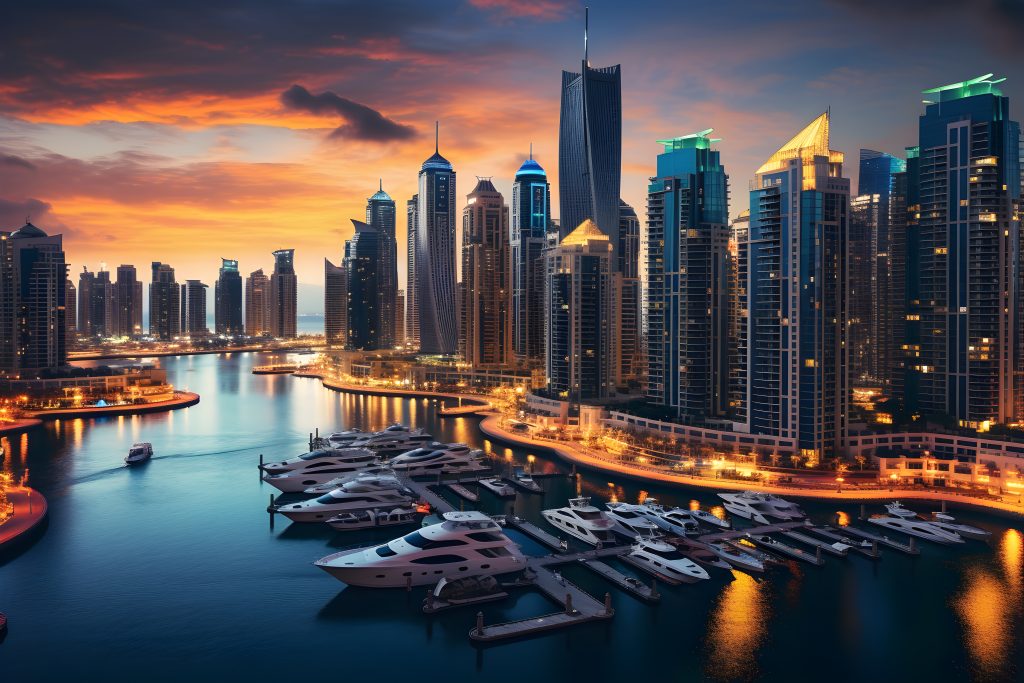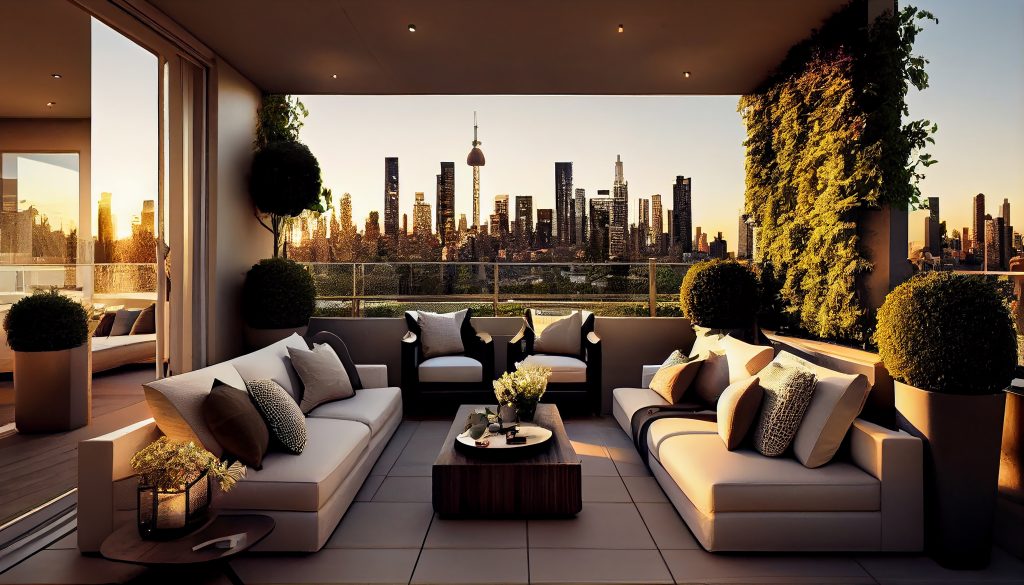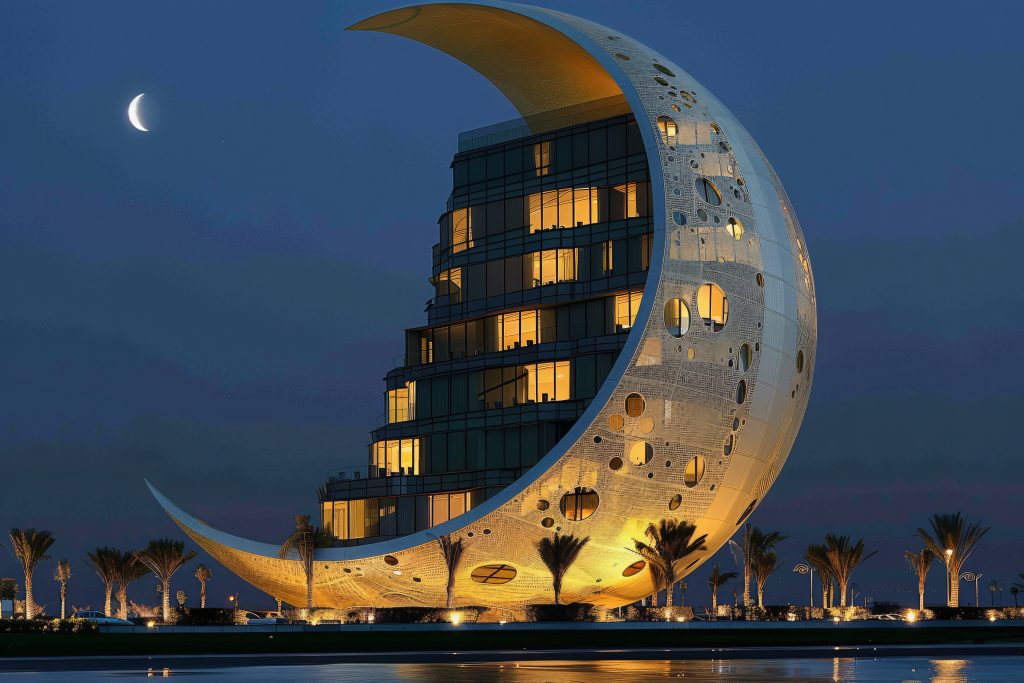In a world where risk is around every corner, from blazing fires to sudden government demolition orders, property insurance in Dubai is not optional. It’s essential.
Whether you own a ready apartment, a villa, or you’re investing in off-plan real estate, insurance is what separates financial ruin from recovery.
Here’s a deep dive: what property insurance in Dubai really covers, what it doesn’t, and how to make sure you (and your property) are protected when disaster strikes.
What is Property Insurance?
At its core, property insurance is a contract. You pay a premium. The insurer promises to cover certain losses if defined events (fires, storms, perils, etc.) damage or destroy your property. Depending on the type, policy may include:
- Structural damage (walls, roof, fixed fixtures)
- Contents (furniture, electronics, décor)
- Loss of use / alternative accommodation if the property becomes uninhabitable
- Liability in some cases (damage to neighbours, third-party risks)
In Dubai, several versions exist: Home Insurance, Property All-Risk, Fire & Allied Perils, Strata Insurance, and specific off-plan/contractor’s risk policies.

Key Coverage Types in Dubai
To fully understand where you’re safe (and where you might be exposed), here are the main types of coverages:
What Happens in Key Scenarios
Below are major emergencies/incidents, and how insurance or regulatory protections work, or may fail, depending on your situation (ready vs off-plan, interior vs structure, etc.)
1. Fire / Smoke Damage
Ready property:
- Structural repairs (walls, ceilings, roof, built-in fixtures) are generally covered.
- Contents (furniture, electronics, carpets, curtains) may be covered if you opted for contents insurance.
- Removal of debris, fire brigade / extinguishing charges, and sometimes temporary relocation while repairs occur.
Off-plan property (under construction):
- The developer should have Construction All Risk (CAR) insurance that covers damage during the building process, including fire, explosion, and theft of materials.
- Buyer must check whether policies cover delays caused by damage, whether a refund or repair is guaranteed.
Things to check:
- Exclusions: negligence, arson by insured, wear & tear, war/terrorism, etc.
- Whether contents are included (many policies cover structure but not your furniture unless you add).
2. Government Demolition & Official Orders
Dubai sometimes undergoes urban planning, road expansions, public interest projects, or redevelopment that require demolition/vacating of properties.
- Regulatory compensation: There are cases (e.g., the Abu Hail area) where the government compensates property owners if their properties are taken over for public works.
- Insurance coverage: Most standard insurance does not cover forced demolition by government or compulsory acquisition, unless you specifically include a “government/authority intervention” clause, which is rare.
- Precautions: When buying off-plan, check the developer’s approvals, zoning rights. For existing property, verify title, master plan, and any upcoming urban development plans.
3. Natural Disasters, Storms, & Other Emergencies
Dubai is relatively safe from earthquakes but still exposed to other natural perils:
- Floods (storm water, flash floods) may be covered if named in your policy; some policies exclude certain flood types.
- Windstorms, sandstorms: damage to exteriors, windows, AC units tend to be included in “all risk” or “fire & allied perils” policies; sometimes as add-ons.
Other emergencies:
- Bursting of pipes, water tank overflow.
- Accidental damage (e.g., impact by vehicle, hail, storm debris).

Off-Plan vs Ready Properties
Your rights, risks, and what insurance applies differ significantly depending on whether the property is:
- Secondary / Ready property (completed, you occupy/rent out)
- Off-plan / in construction (still being built; you often pay in phases; risk is higher)
| Feature | Ready Property | Off-Plan Property |
| Who holds risk? | You (owner) once completed | The developer holds physical construction risk; you hold payment risk & future risk of delays, project failure |
| What insurance do you need | Home insurance/contents/strata (if shared building) / master building coverage | Verify the developer’s CAR (Construction All Risk), escrow protection of your payments, the developer’s liability, and warranties |
| What happens if the building is damaged by fire (after handover) | Your insurance (structure + contents) plus master insurance covers the building’s structure & common areas | Before handover, the developer’s CAR should be covered; after handover, you need to transition to standard property insurance |
| What if the developer abandons the project / fails to complete | Not relevant (already built) | Your funds are protected via escrow; you may need legal recourse; insurance doesn’t cover abandonment unless a specific guarantee exists |
How to Ensure Your Property is Fully Protected
To avoid being underinsured or exposed, take these steps:
- Know exactly what your policy includes & excludes. Read the fine print. Ask about exclusions (government taking, war, negligence, vacancy periods).
- Ensure both structure and contents. Many people assume structure is enough, then lose everything inside.
- Check master/strata insurance. Most buildings in Dubai have master insurance that covers structure and common areas, but not your interior/contents. Verify what is covered and how claims are handled.
- For off-plan purchases:
- Ensure the developer has CAR insurance.
- Confirm funds are in a RERA-approved escrow.
- Check construction guarantees, penalties for delayed handover.
- Ask for additional cover where needed: Loss of rent / alternative accommodation, liability to neighbours, debris removal, emergency services fees, etc.
- Regular valuation. Make sure your insured sum keeps up with current replacement costs; don’t let inflation or market changes leave you underinsured.

Limitations & What Often Is Not Covered
- Wear & tear, deterioration over time
- Negligence, improper maintenance
- Intentional damage/fraud
- Acts of war, terrorism, nuclear risk (unless special riders are purchased)
- Government demolition / compulsory acquisition (unless specifically included; rare)
- Vacancy for long periods (some policies void cover if property left empty for more than e.g., 60 days)
Sample Case: Fire vs Government Demolition
Here’s how insurance & legal frameworks kick in, side-by-side:
- Case A: Fire breaks out in an apartment building.
After Handover: Structure damaged (walls, roof), your contents destroyed. You make claim under your home/contents policy. Building’s master insurance covers common parts / structural main shell.
Off-plan: Developer’s CAR policy covers damage during construction; if fire delays handover, you might get delayed completion or compensation if the developer’s contract has penalty clauses. - Case B: The Building must be demolished by order of the government/planning authority
After Handover: Unless your policy has a special “authority intervention” clause, insurance generally doesn’t cover government compulsory acquisition.
Instead, your legal rights for compensation come via Emirate laws, government resolutions. Past examples: in the Abu Hail area, owners were compensated under a Ruler’s Court resolution.
Off-plan: Your risk is higher; if a government order stops the project, you might lose part or all of your investment unless escrow laws or developer guarantees protect you.
Why Property Insurance in Dubai is Worth It
- Emirates’ rapid development = exposure to construction risks, fire hazards, weather perils, etc.
- High property & content values mean losses can be catastrophic.
- Legal/regulatory protection (escrow, master insurance, strata) exists, but doesn’t remove your responsibility.
No property owner or investor in Dubai should ever assume they’re safe without comprehensive insurance. Whether you own a ready home, buy off-plan, or live in a shared building, knowing how fire, demolition, accidents, natural events, and official orders intersect with your insurance (or don’t) is what separates security from exposure.
Make sure you have the right policy, with the right coverage, for the right sum insured. Because when disaster comes, financial protection isn’t optional.
FAQs
1. Does home insurance in Dubai cover fires by default?
Yes, most home insurance / Fire & Allied Perils policies include fire, smoke, and lightning. But you must check whether contents / personal items are covered. Also check exclusions (negligence, vacant periods, etc.).
2. Is government demolition compensated under property insurance?
Generally no. Standard policies don’t cover compulsory demolition by authorities. Compensation comes under government laws/regulations, not from private insurance, unless you have a rare clause that covers “authority intervention.”
3. What protection do off-plan buyers have in Dubai?
- Developer’s insurance (CAR) to cover construction risks.
- Escrow account regulated by RERA to protect your payments.
- Legal contracts that define what happens in delays, defects, or project failure.
4. Does insurance cover loss of rent or temporary accommodation if a property becomes uninhabitable?
Yes, many policies offer add-ons or automatically include alternative accommodation or loss of rent options when the building is damaged (fire, floods etc.) and you cannot live there or lease it out.
5. What kinds of events are usually not covered?
- Wear & tear, gradual deterioration.
- Damage from negligence or failing to maintain property.
- Acts of war, terrorism (unless you purchase additional cover).
- Long vacancy periods.
- Government order for demolition (unless a rare special clause).

